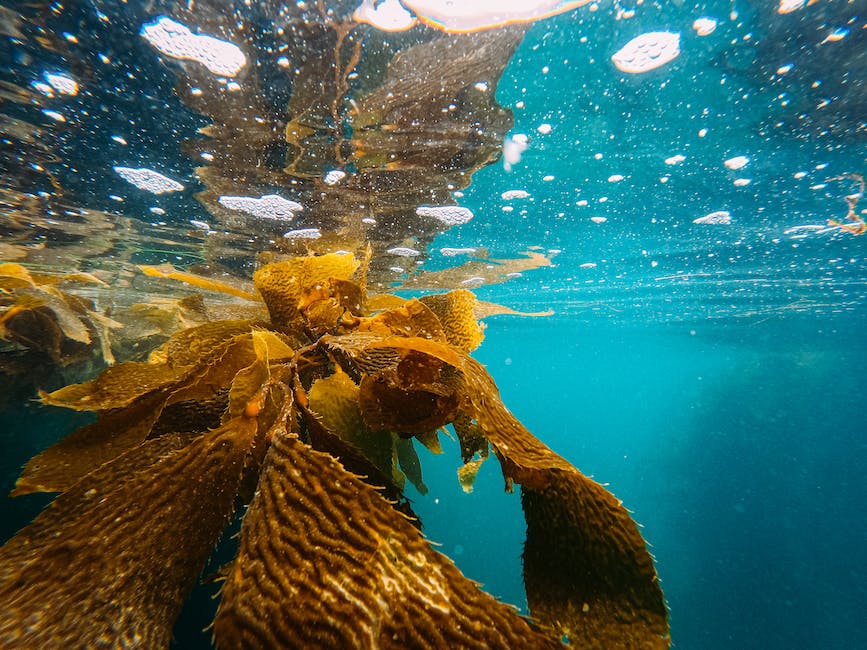Introduction
Algae can be a major problem for any pool owner. It can cause the water to become cloudy and reduce the appeal of your pool. Luckily, there are ways to kill the algae quickly – the smart way. In this article we will cover the top methods for killing algae and how to avoid future outbreaks. We’ll also provide answers for frequently asked questions about algae control. So let’s get started!
What Causes Algae In Your Pool
The Role Of Sunlight & Fertilizer
Algae growth is caused by an increase in the nutrients available in the pool water. Sunny days can heat up the water temperature, encouraging the growth of algae spores. Fertilizer or other decaying organic material can also provide an ideal environment for algae growth.
Unbalanced Pool Chemistry
Poor water balance can increase the growth of algae in a pool. When chlorine and pH levels are too high or low, it can lead to an increase in algae. Similarly, when the levels of alkalinity and calcium hardness are not properly balanced it can result in the growth of algae.
Inadequate Circulation & Filtration
Poor or inadequate circulation and filtration can lead to larger amounts of debris and organic material entering the pool. If this debris or organic material accumulates in an area the pool, the algae will have a better chance of thriving.
How To Kill Algae Quickly: The Smart Way
Cyanuric Acid Treatment
The first step in killing algae quickly is to treat your pool water with cyanuric acid. Cyanuric acid helps to stabilize the chlorine levels in the pool water. This prevents the chlorine from evaporating too quickly and helps to keep the water chemistry balanced.
Shock Treat The Pool Water
After the cyanuric acid treatment, it’s time to shock the water. This can be done by adding a chlorine-based shock treatment to the pool water. This will quickly kill any algae that is present in the pool.
Increase The Filtration System Usage
Increasing the amount of time that the filtration system runs each day is another way to kill the algae quickly. This will help remove any excess organic material that may be present in the water and remove any algae that is present.
Add Algaecides To The Water
Adding algaecides to the water is another way to kill the algae quickly. These compounds are specially designed to target algae and can help to reduce and prevent algae growth in the pool.
Run Your Pool Vacuum Regularly
Running your pool vacuum regularly is another way to help kill and prevent algae growth in the pool. The pool vacuum can help to remove any debris or organic material that is present in the water, making it harder for algae to become established.
People Also Ask
Q: How Long Does It Take To Kill Algae In a Pool?
It can take anywhere from a few hours to a few days to kill the algae in a pool, depending on the severity of the infestation.
Q: How Do You Get Rid Of Black Algae in a Pool?
Black algae are particularly difficult to remove, making it necessary to use a combination of shock treatment, algaecides, chlorine, and manual brushing.
Q: Does Salt Kill Algae in a Pool?
Adding salt to a pool can help to kill algae, as long as it is accompanied by other treatments such as shock, algaecides, and filtration.
Q: Does Baking Soda Kill Algae in a Pool?
Baking soda can be used to help balance the pH levels in a pool and this can help to reduce algae growth. However, it should not be used as a replacement for shock treatment and other treatments.
Q: Does Vinegar Kill Algae in a Pool?
Vinegar may help to kill some types of algae, but it won’t be effective against all types of algae. It is best used in conjunction with shock treatment, algaecides, and filtration.
Final Words
Algae can be an annoying and unsightly problem for any pool owner. But with the right treatments and preventive measures, it can be quickly dealt with. By increasing the amount of time your filtration system runs, using shock and algaecides, and running your pool vacuum regularly, you can quickly kill algae and improve the look of your pool. With these tips and tricks, you can keep your pool looking great all summer long.

